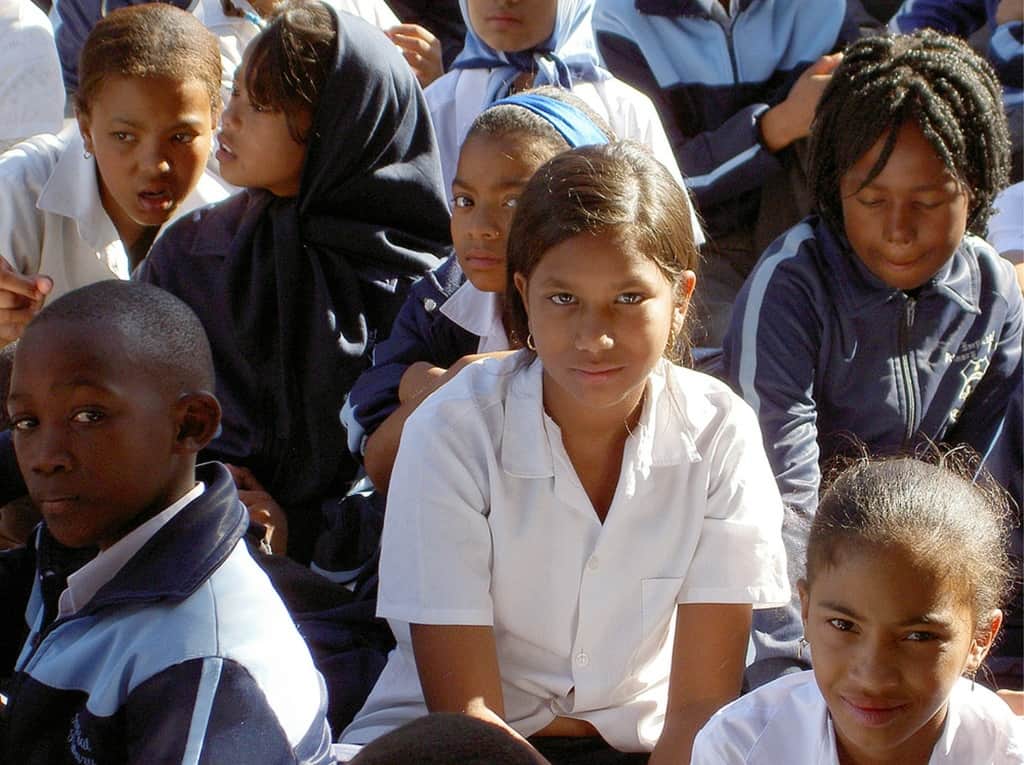You know the story of the Good Samaritan (Luke 10:25-37). An expert in religious law asks Jesus what it takes to inherit eternal life. Jesus asks what he thinks, so he quotes the Scriptures about “love God” and “love your neighbor,” which Jesus affirms is correct. The text then says the man sought to justify himself so asked, “and who is my neighbor?” He must have smugly thought to himself, “I love God and I love my neighbor, so I’m good…but it will feel nice to have Jesus say so.”
But he was in for a surprise. The story Jesus gives in response significantly stretches the definition of who a neighbor is and how we are to be neighborly. Far from vindicating the man, Jesus lays out a far higher standard of what it means to fulfill the law and leaves him with this exhortation, “Go and do likewise.”
I think about this story a lot in the context of public education. I applied to sit on the Philadelphia Board of Education and then said yes when Mayor Kenney asked me to serve because I believe in the importance of public education, enough that I’m gladly willing to give of my scarce free time to take on this volunteer position and all the long hours and emotional heaviness that comes with it.
I approach this role from my identity as a believer, but also as informed by my day job in which I am president of an economic consulting firm, a role that marries my economics perspective with my love for cities, particularly the city of Philadelphia. Education is the classic example of what economists call a “positive externality,” a fancy term for something whose benefits spill over to others. Education benefits students, but also has profound benefits for society as a whole, which means we should do everything we can to safeguard it, elevate it, and invest in it.
At a moment of heightened awareness of the racial inequities in our nation and of the past and present drivers of such pains, this notion of education as a positive externality becomes all the more important to understand and act on. As in other cities in America, Philadelphia’s public schools are characterized by vast and unacceptable racial disparities – in resource allocation, building condition, and student achievement. We must have a sustained response to rectify these inequities, not in the least because educating all our children is the only sustained response to rectify the inequities in our city.
All too often Christians make choices that exacerbate rather than alleviate these inequities. We move away from need and put our kids in districts or catchments or special sub-groupings that entrench our privileged status.
Of all people, Christians should possess the motivation and heart to help. Indeed, the 1st century Christians we so often seek to emulate as a church were characterized by commitments to urban places and to service to and community with society’s most vulnerable populations in those places. I can scarcely think of a better place for modern-day Christians to practice such a living out of their faith than in ensuring that we do right by all our children through strong and inclusive public schools.
Alas, all too often we make choices that exacerbate rather than alleviate these inequities. We move away from need and put our kids in districts or catchments or special sub-groupings that entrench our privileged status. In the process we remove ourselves from hearing, let alone feeling, the pain of all that we leave behind. Like that smug man, we have satisfied ourselves with the self-righteousness of knowing the law and feeling we have met our small-minded interpretation of what it means to live it out in our lives. But Jesus is calling us to a greatly expanded understanding of who our neighbor is and what it means to be neighborly.
From where I sit, I can see that the vibrancy and inclusiveness of our economy depends on a sustained investment – of money, attention, and personal involvement – in our public schools. Our children’s wellbeing is at stake, their sense that their minds and perspectives and futures are of great worth to our society and are being invested in accordingly. And, according to the story of the Good Samaritan, whom we consider to be our neighbor, and how neighborly we are willing to be is of consequence to eternal life. Don’t say, “and who is my neighbor?” Instead hear, “Go and do likewise.”


